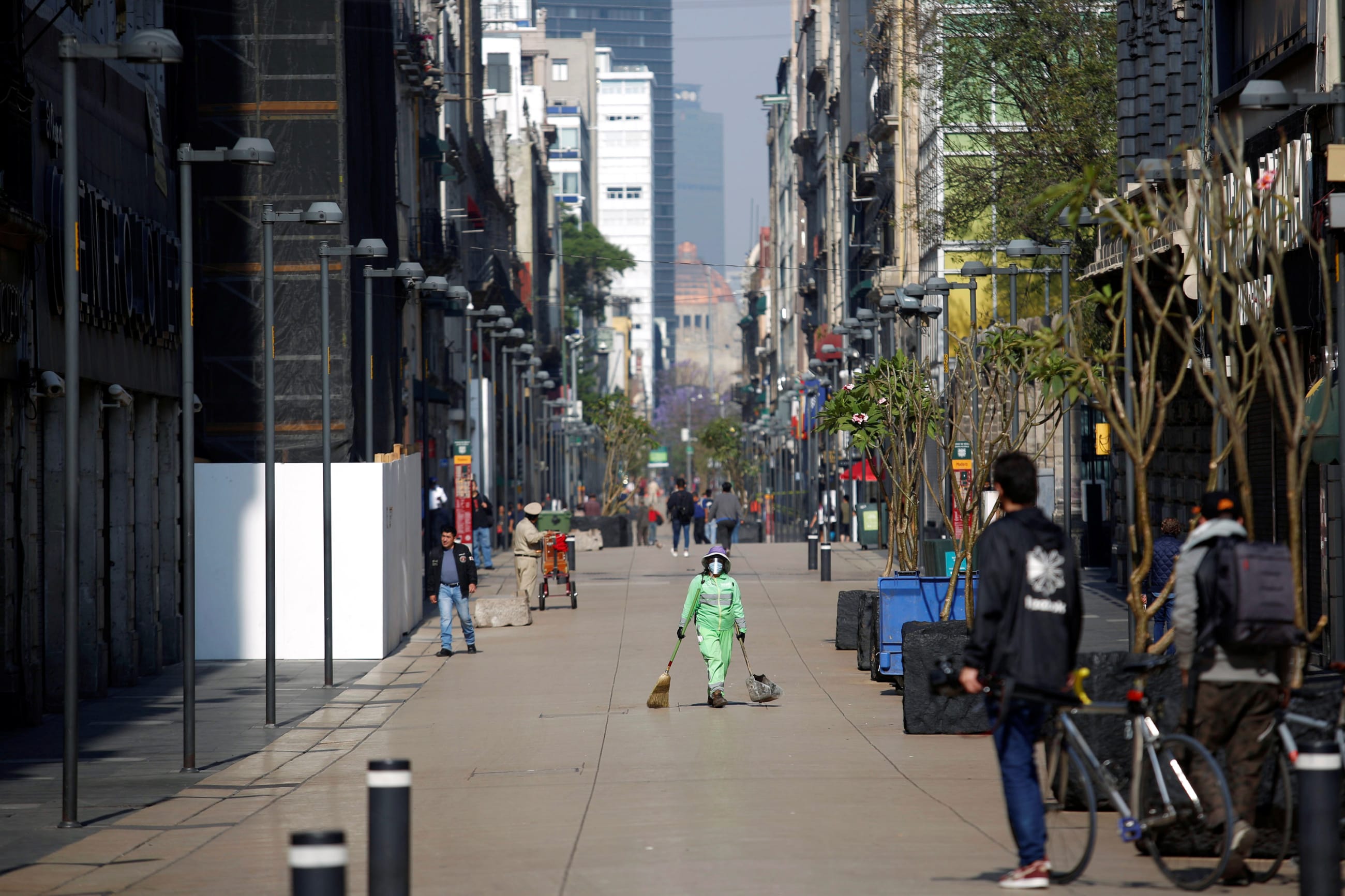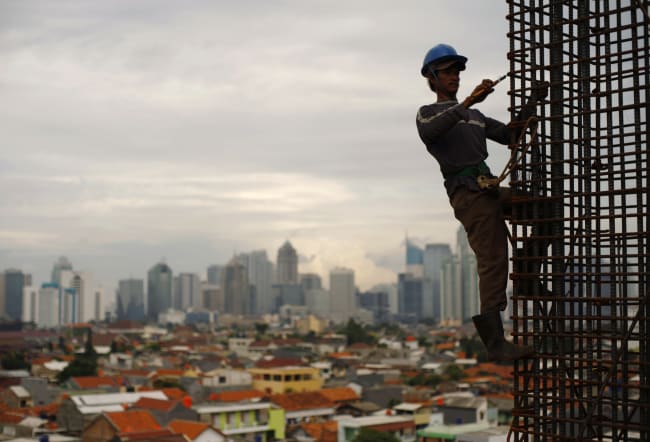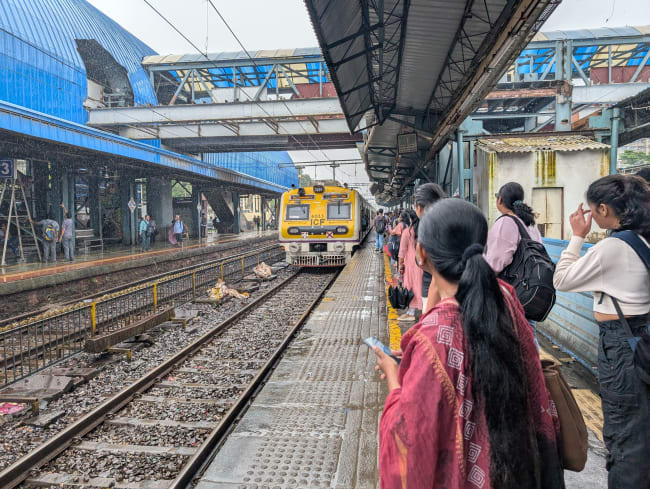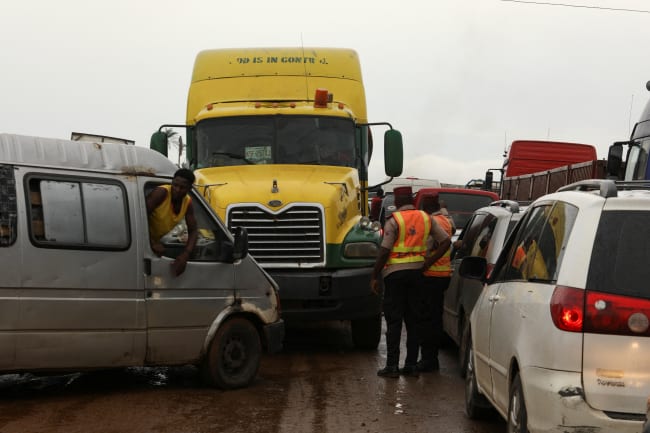Cities are central to how humans come together to trade, create culture, and form social relationships. Those interactions involve more than local connections and municipal infrastructures. Cities have long been a cornerstone of transnational networks and served as hubs for countless diplomatic ventures. From the seventeenth-century's city-state maritime republics to today's thriving global cities, they have functioned as command-and-control centers for empires, nation states, and processes of globalization. In many ways, diplomacy is part of the historical DNA of municipal statecraft.
In the late twentieth and early twenty-first centuries, governance of transnational issues, such as climate change, has tapped into the capabilities of city diplomacy—the formal conduct of international relations by local governments. It has not, however, capitalized on the promise of city diplomacy, especially concerning One Health approaches to human, ecological, and planetary health. Cities are epicenters for global health threats and responses—as seen in epidemics in African urban areas, outbreaks associated with wet markets in Chinese cities, and the postapocalyptic images of empty city streets seen around the world during the COVID-19 pandemic.
The interconnectedness emphasized by One Health highlights that cities engage in governance of both local political communities and global networked relationships. In thinking about global health governance in the wake of COVID-19, city diplomacy should play a more prominent and urgent role in the work of urban leaders, global health experts, and the foreign affairs community.
The Rise of City Diplomacy
Even with historical evidence of the importance of cities in international relations, skepticism about cities as diplomatic actors remains. A city, the argument goes, is an entangled mesh of localized jurisdictions and infrastructures not designed to bargain about or govern global issues, including health. Outbreaks, such as COVID-19 and SARS, often make urban spaces appear as victims rather than change agents of global trade, travel, information, and other cross-border interactions.
Cities engage in governance of both local political communities and global networked relationships
More cities, however, are stepping up to prove the contrary. Freetown in Sierra Leone, London, Montreal, and other cities are acting on the global stage, supported by influential players, such as philanthropies and UN agencies, that believe in the need for and potential of city diplomacy. The last two decades have witnessed the growth of such diplomacy as city governments engage with each other on shared policy concerns. Analysts have documented the spread and diplomatic successes of hundreds of city networks—international coalitions made up primarily of local governments around the world.
The growth of such networks has allowed city diplomacy to have real impact. The flurry of networked activities includes thousands of practical actions to tackle, for example, climate change and urban health. City diplomacy has contributed to transformed urban infrastructure, policies, grants, procurements, governance structures, and more. The United Nations has recognized the impact of city diplomacy in more than 1,200 formal acknowledgments of the importance of cities in more than 32 UN treaties and frameworks since 1972. Put simply, the value proposition for city diplomacy is increasingly clear as city leaders put their money and actions where their global advocacy mouths are.
Leading examples include the Resilient Cities Network (formerly the Rockefeller 100 Resilient Cities initiative), which has mobilized more than $350 million for resilience investments in urban disaster preparedness. The C40 Cities Climate Leadership Group has fostered tens of thousands of climate programs in more than 97 cities with buy-in and multimillion-dollar investments from the UN system and large philanthropies. City mayors are collaborating on migration challenges. The Group of Twenty (G20) and Group of Seven (G7) have recognized the importance of intercity cooperation in establishing the Urban 20 and Urban 7 groups and connecting municipal governance to global financing debates. Those and similar efforts have sought funding to improve urban infrastructure by, among other strategies, engaging with the state-centric world of multilateral financing.
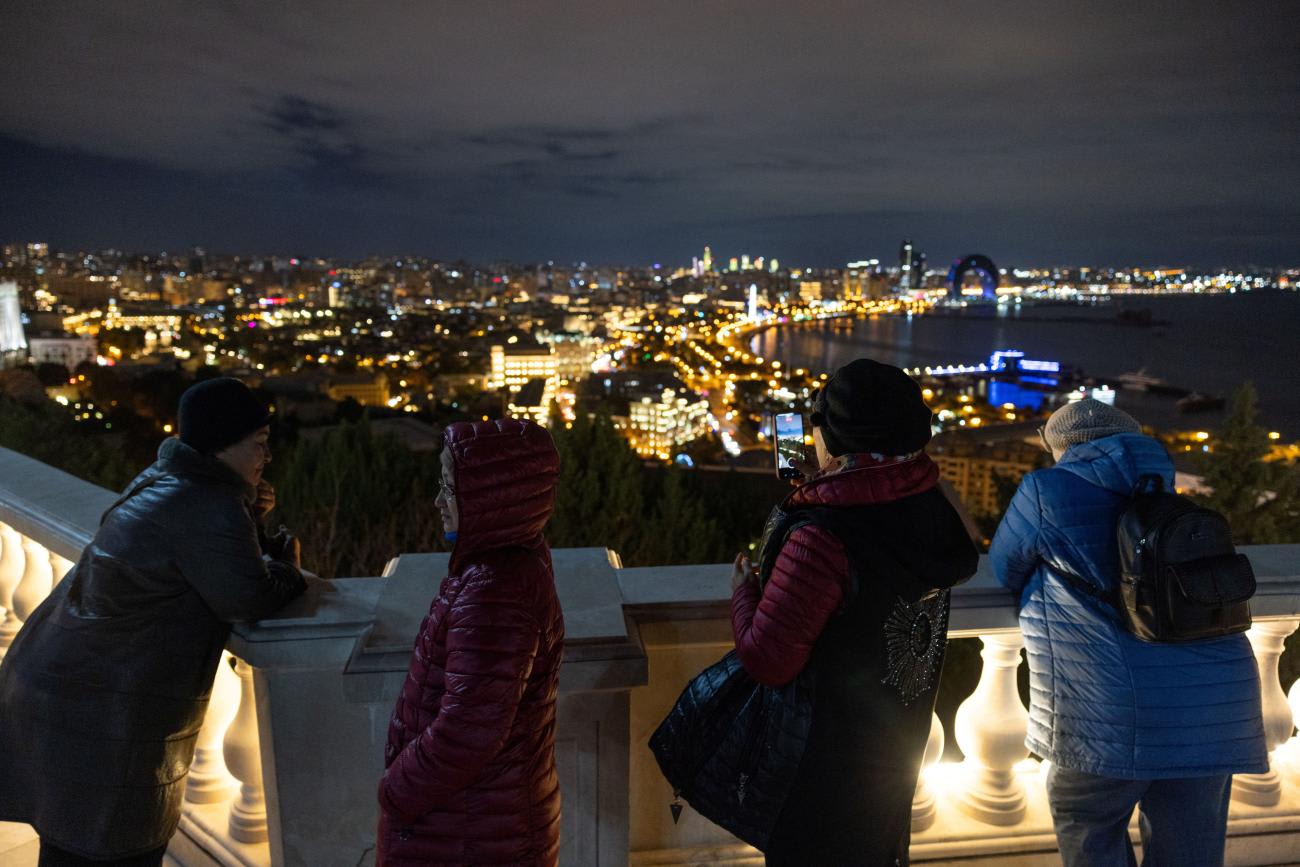
Overall, city diplomacy has delivered tangible change by leveraging the network power that city leaders acquire when working across borders. The networks have moved mayors closer to having a seat at the table in diplomatic forums, advanced policy mobility through sharing best practices and lessons learned, mobilized investments, and increased efforts on pooled procurements. Collective action by cities increasingly calls for better access to multilateral funding, experiments on data collaboration, and joint capacity-building.
Cities and Health Diplomacy
Global health experts have not ignored city diplomacy. In 1987, the World Health Organization (WHO) launched the European Healthy Cities Network (HCN), which sparked the development of similar networks within countries and regions beyond Europe in the 1990s. The HCN adopted a city diplomacy agenda in 2014. In 2017, the WHO started the Partnership for Healthy Cities with funding from Bloomberg Philanthropies. It focuses on noncommunicable diseases (NCDs) and uses a model like the one guiding C40 Cities—another Bloomberg-funded initiative.
Those and other initiatives have proven the value of city diplomacy in addressing urban health. The network effect of the Partnership for Healthy Cities has, for example, led to the delivery of 30 new life-saving public health policies affecting over 320 million urban dwellers in its 74 member cities and improving outcomes on NCDs in places as different as Cape Town, South Africa; Santo Domingo, Dominican Republic; and Vancouver, Canada.
Global health is ripe for more city diplomacy
In many instances, however, such efforts remain siloed and have a limited profile in debates about and developments in global health policy and governance. Urban health networks, for example, have not linked with other city diplomacy activities relevant to health, such as climate change and migration. The importance of cities has also been absent from the Pandemic Treaty negotiations, which risks overlooking the role of urban health governance in pandemic preparedness and response.
In contrast, the Coalition for High Ambition Multilevel Partnership for Climate Action launched at the twenty-eighth conference of the parties to the UN Framework Convention on Climate Change stressed the need to make city voices and collaborations a cornerstone of tackling transnational challenges.
The renewal of the WHO Urban Health Initiative (UHI) highlights cities' importance in global health. Recent policy briefs have mentioned using city networks—but not city diplomacy—in shaping the UHI's next stages. Those proposals, however, are a far cry from cities' prominence in the UN on other issues. Efforts in urban development are also beginning to include novel One Health policies that city diplomacy could help advance.
City Diplomacy, Urban Infrastructure, and Health Equity
Global health is ripe for more city diplomacy because urban areas provide opportunities for international cooperation on health problems and infrastructure that states have not addressed adequately in forms of diplomacy sensitive to sovereignty, national security, and geopolitics. Traditional diplomatic thinking has often treated cities as mechanical turnstiles for markets, supply chains, and globe-trotting elites.
A health focus, guided by One Health strategies, can help cities individually and collectively improve and manage the complex urban infrastructures on which the well-being of billions of urban dwellers depends. The track record of city diplomacy demonstrates that cities can facilitate effective and inclusive responses in urban complexity and implement One Health actions to achieve sustainable change on the street.
The global health community faces an urbanized world. Connecting global governance to everyday health concerns through the networked power of city-to-city cooperation can advance practical urban policies that build and sustain health infrastructure better equipped to handle the expanding range of health threats people face. As the political authorities closest to the people, city leaders can help the cause of health equity by going beyond exchanging information and joint advocacy to crafting collaborative global governance for an increasingly urban planet.
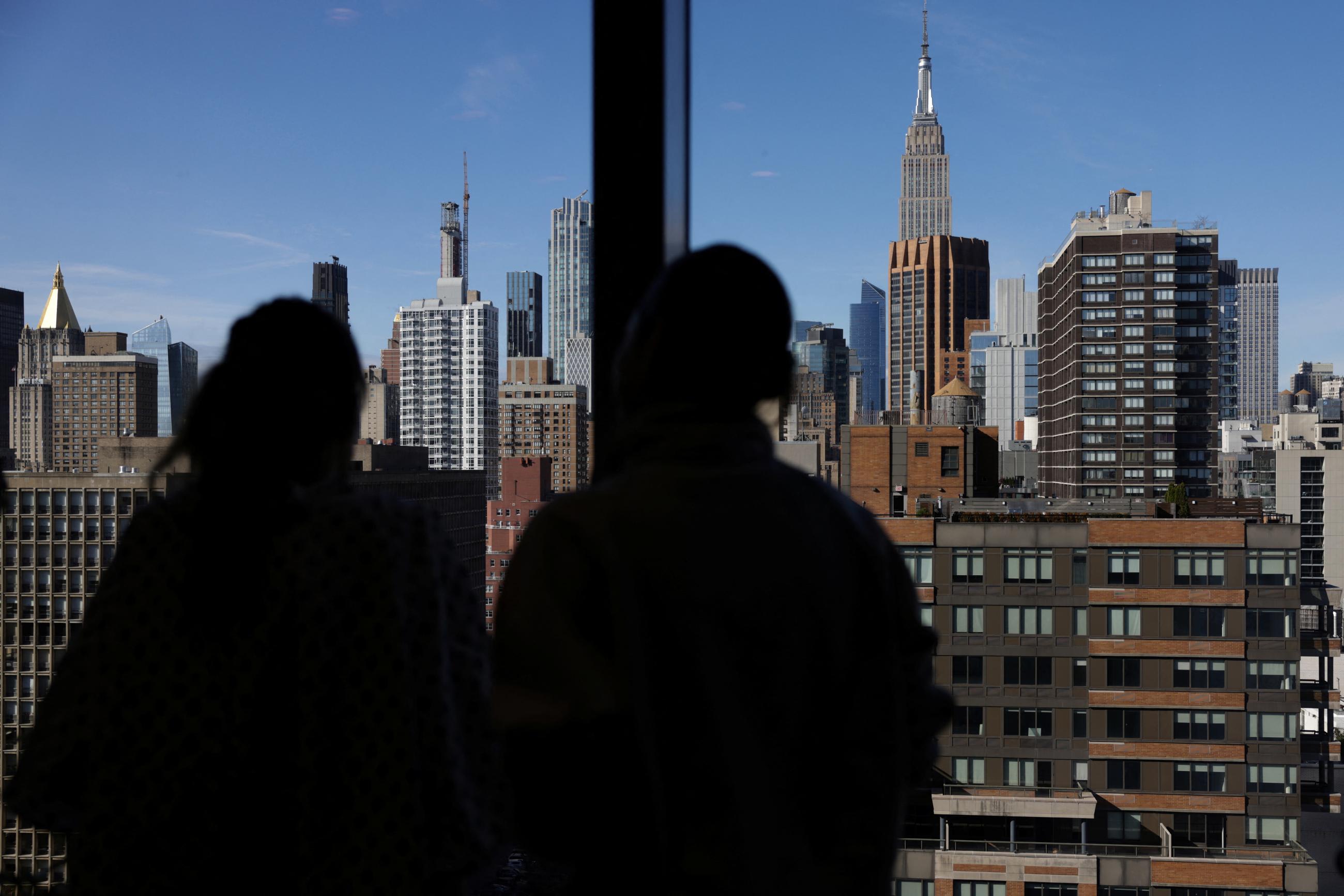
EDITOR'S NOTE: This article is part of a series exploring urbanization and global health, guest-edited by Evelyne de Leeuw.
